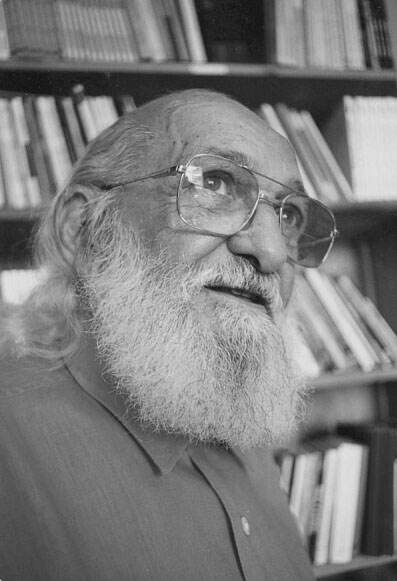Paulo Freire

(Recife, Brazil, 1921 – São Paulo, Brazil, 1997): Educationist, politician, and philosopher. As a defender of critical pedagogy, his propositions rejected the idea of politically-neutral knowledge, understanding and promoting learning as an inherently political act. Among his propositions, are theories such as the “problematizing education,” which aims at freedom and independence by eliminating the passiveness of pupils and encouraging the search for a transformation of reality through its humanization. After an active and prolific facet as a leader and activist, Freire was imprisoned in the mid-1960s by the dictatorship that ruled Brazil at the time—an event that pushed him to exile in Chile. Afterward, the publication of his work La educación como práctica de la libertad (1967) (Pedagogy of Freedom) earned him an invitation to teach at the University of Harvard, where he collaborated with groups that were working on the educational reform for rural and urban areas. After 16 years in exile, he returned to his homeland to spread his pedagogical ideology at the Campinas State University and the Pontifícia Universidade Católica de São Paulo.